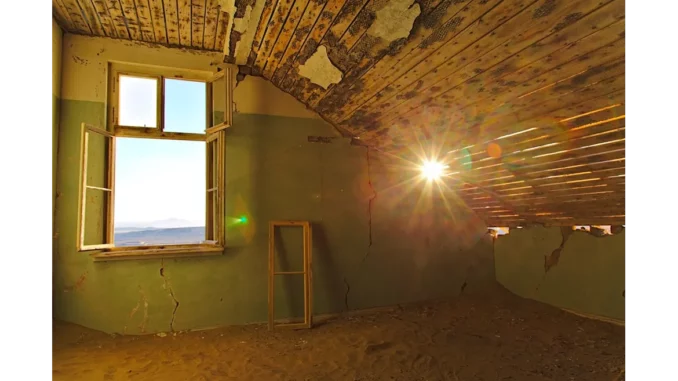
When contemplating the primary contributors to climate change, gas-guzzling vehicles, sprawling factories, and deforested landscapes typically dominate the discourse. However, a recent report from Friends of the Earth has illuminated a less conspicuous yet equally significant culprit: energy-leaking homes in England and Wales. These homes are responsible for releasing 30 million tonnes of avoidable CO2 annually, a figure that matches the entire carbon emissions of Denmark. This alarming statistic emphasises the urgent need for a comprehensive strategy to enhance home insulation and energy efficiency.
Successful low-energy building design hinges on careful planning. Focus360 Energy can help.
According to the report, approximately 14 million homes in England and Wales—over half of the housing stock—are classified as energy inefficient. These residences fall below an Energy Performance Certificate (EPC) rating of C, marking them as substantial contributors to unnecessary CO2 emissions. At the current pace of progress, it would take an astonishing 90 years to upgrade all these homes to meet modern energy efficiency standards. EPCs, which rate homes from A to G based on energy use, CO2 emissions, and energy-saving measures like insulation and solar panels, are vital tools in this endeavour. Presently, only 45% of homes in England and Wales meet the sufficient energy standards of EPC C and above, despite regulations prohibiting the rental of properties with an EPC rating below E.
The economic and environmental benefits of enhancing home energy efficiency are compelling. Improving insulation and energy efficiency would not only reduce carbon emissions but also significantly lower energy bills. According to Carbon Brief, the stagnation in upgrading home insulation over the past decade has added £22 billion (€26.3 billion) to the nation’s energy bills since 2015. The UK government aims to elevate all fuel-poor homes—those with low incomes and high energy costs—to at least a band C by 2030, and as many homes as possible by 2035. However, the pace of improvement has slowed, particularly after the Conservative government reversed several progressive green policies.
With the election of the new Labour government, there is renewed optimism for a more assertive approach to this issue. Prime Minister Keir Starmer has pledged to focus on insulating the UK’s heat-leaking homes through the Warm Homes Plan. This initiative aims to address the dual crises of climate change and energy poverty by making homes more energy-efficient and reducing carbon emissions. Various schemes are already in place to support households in improving their energy efficiency. Some of these are funded by taxpayers, while others are backed by energy suppliers or energy bill levies. Friends of the Earth has called for the reinstatement of the ‘winter fuel payment’ subsidy, recently scrapped, to support pensioners during the cold season. Additionally, a new social tariff on energy prices is being introduced to offer affordable energy rates to low-income households.
Government data reveals regional disparities in energy efficiency, with Wales having the lowest average rating, followed by England. Northern Ireland and Scotland perform slightly better. The constituencies with the highest proportion of poorly insulated homes are Birmingham Yardley in England and Dwyfor Meirionnydd in Wales, each with 78% of homes below EPC C. Other areas with significant issues include Birmingham Hall Green, Moseley, Southend West, Leigh, and Castle Point in Essex. The lack of adequate insulation has severe health implications as well. Research from the Institute of Health Equity and Friends of the Earth found that nearly 10 million British households were at crisis point last winter due to high heating costs and the associated health impacts of cold homes. With climate change intensifying and energy bills projected to rise again this winter, the urgency for a national insulation programme cannot be overstated.
While the UK grapples with its poorly insulated homes, other nations are making significant strides in energy efficiency. Countries such as Germany and Sweden have implemented financial incentives for upgrading homes, making energy-efficient buildings the norm. The UK could learn from these examples to accelerate its efforts in improving home insulation and reducing carbon emissions. By adopting similar policies and incentives, the UK can make substantial progress in addressing this pressing issue.
The issue of energy-leaking homes in England and Wales is a significant but often overlooked contributor to climate change. With 30 million tonnes of avoidable CO2 emissions annually, the need for immediate action is evident. Enhancing home insulation and energy efficiency not only addresses environmental concerns but also offers economic and health benefits. As the new Labour government takes the helm, there is hope for a more aggressive and comprehensive approach to solving this issue. The benefits of addressing energy-leaking homes are far-reaching and critical to the nation’s environmental, economic, and health future. The time for action is now, and the opportunity for positive change must not be squandered.


Be the first to comment